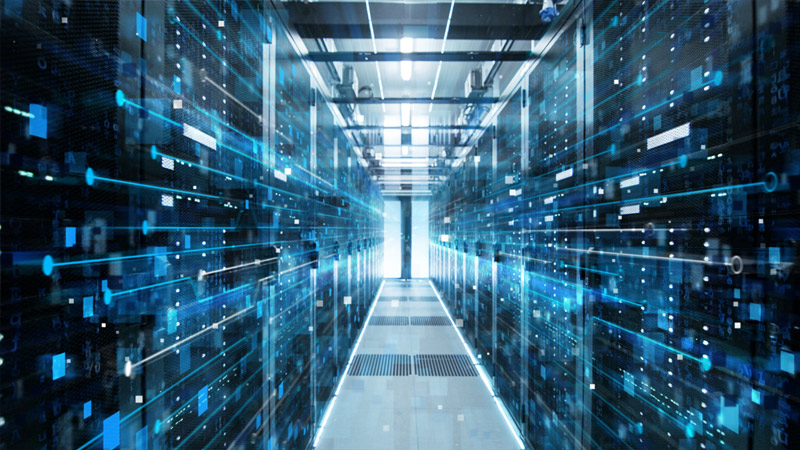Handling workloads efficiently: AI can help organizations automate workload management in the most efficient way. With the usage of AI and machine learning, patterns can be detected to learn from past data and distribute workloads across peak periods more efficiently. They can also be used to better optimize disk utilization, server capacity and network bandwidth. This was demonstrated last year by a team of MIT researchers. An AI-based system developed by MIT researchers automatically “learned” how to schedule data-processing operations across thousands of servers — a task traditionally reserved for imprecise, human-designed algorithms. MIT researchers said that by doing so, they could help today’s power-hungry data centers run far more efficiently. The researchers said that compared to the best hand-written scheduling algorithms, the researchers’ system completes jobs about 20 to 30 percent faster, and twice as fast during high-traffic times. Additionally, the system learns how to compact workloads efficiently to leave little waste. The results indicate that the system could enable data centers to handle the same workload at higher speeds, using fewer resources.






